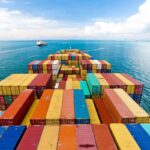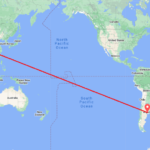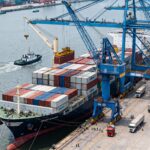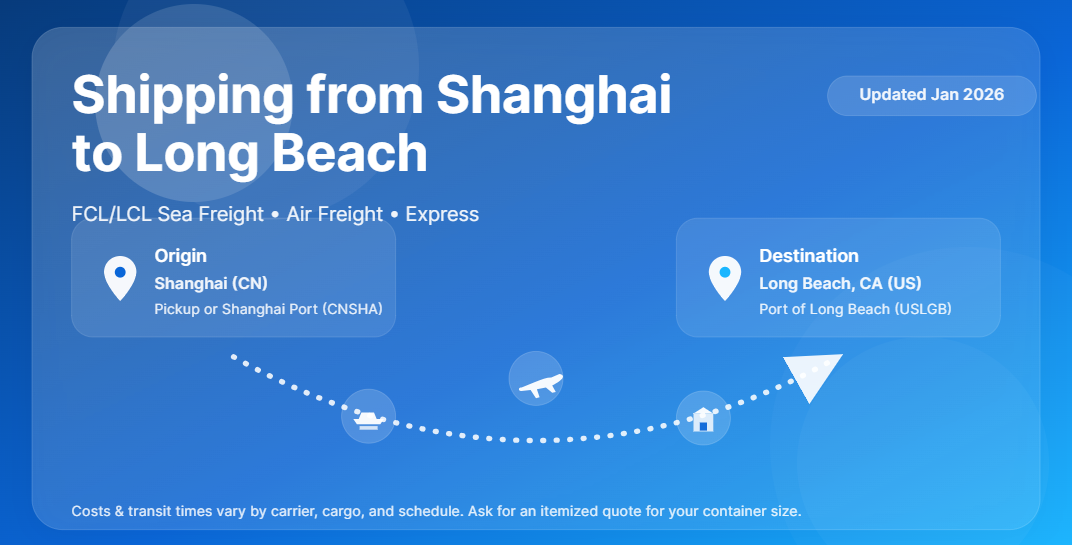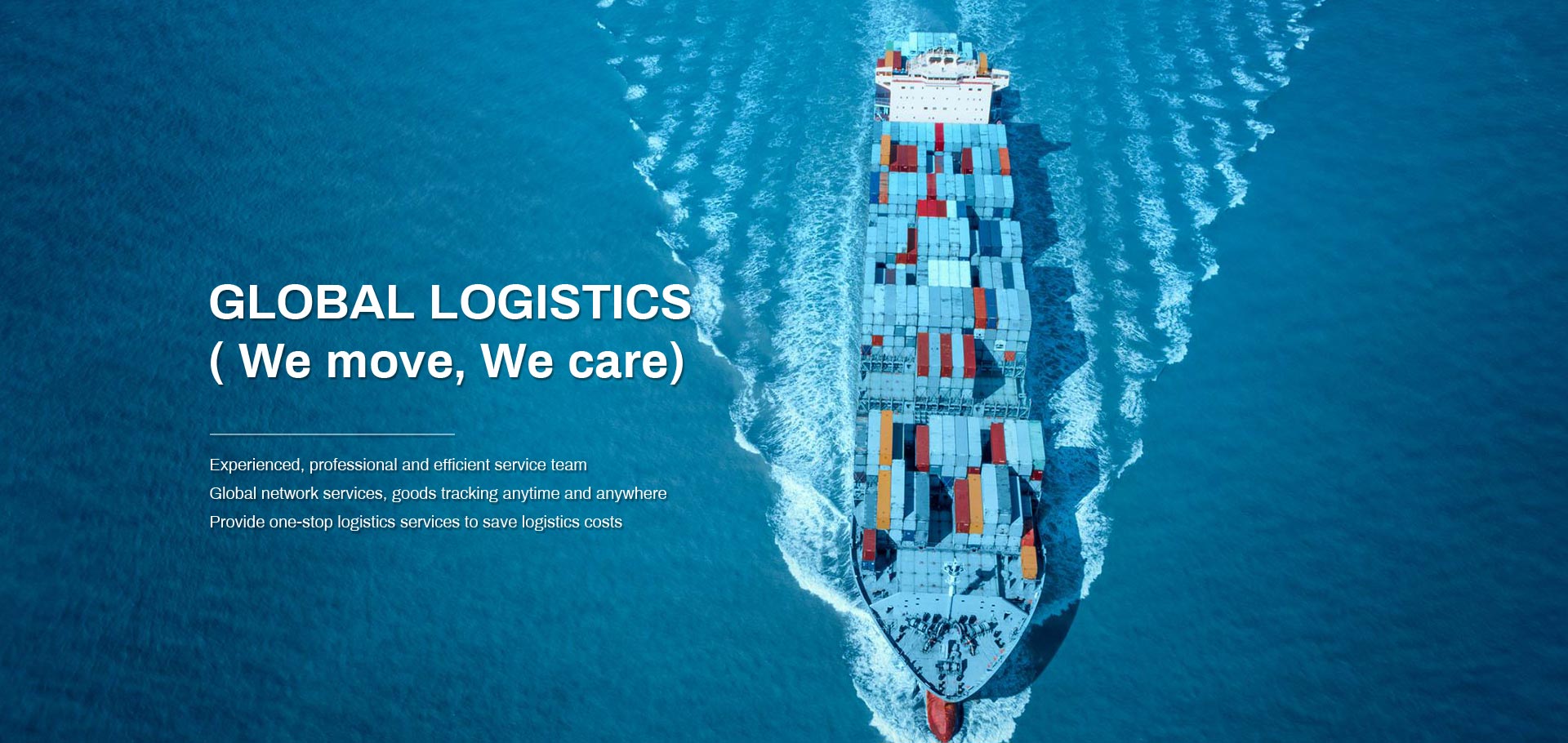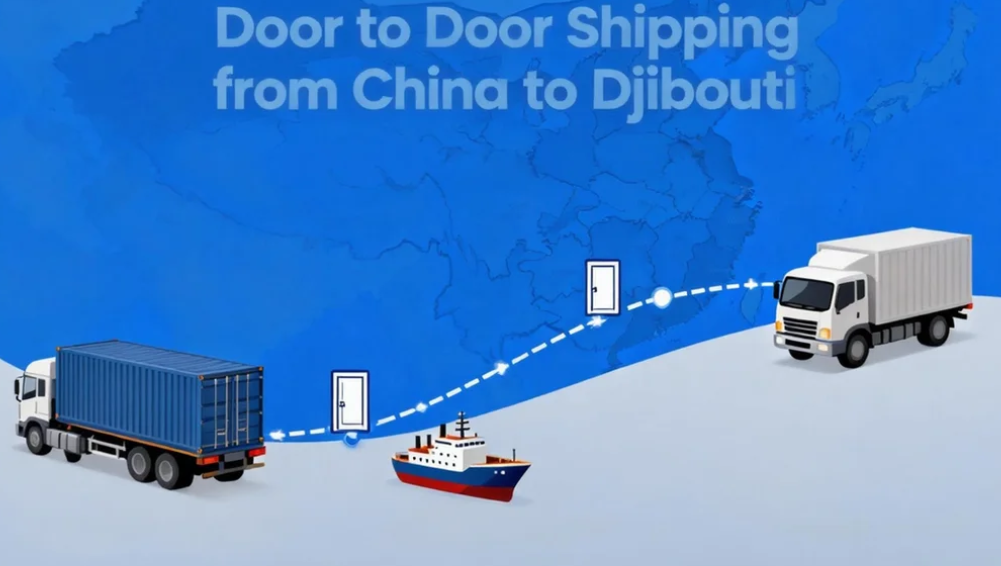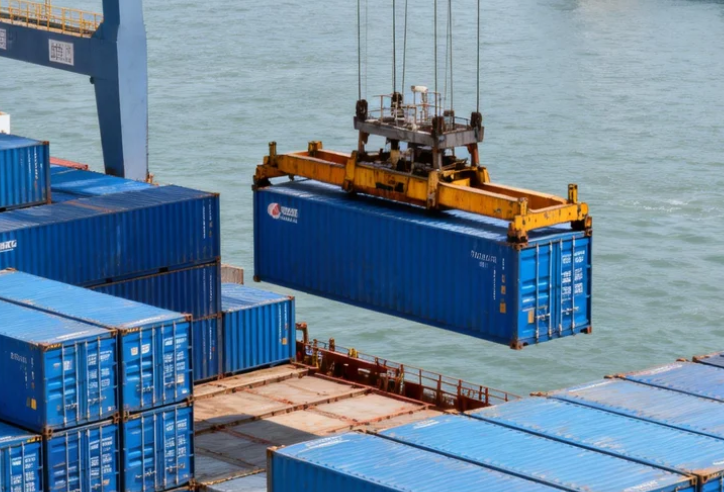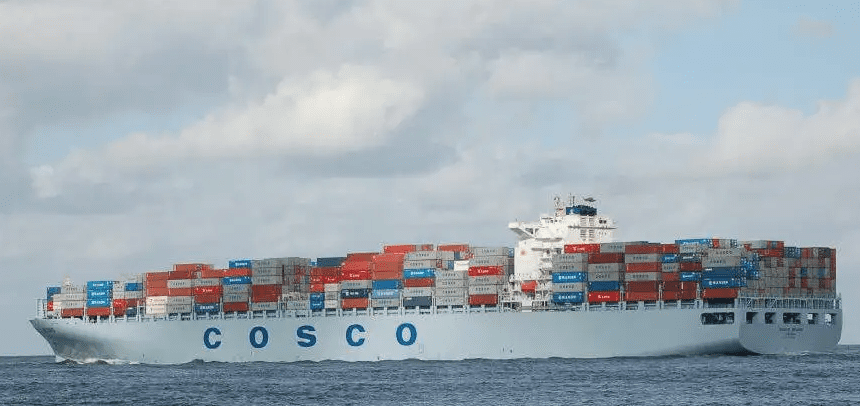Faced with the complexities of importing goods from China to Argentina, many importers often feel overwhelmed. How do you choose the right method of shipping from China to Argentina? How are all the costs calculated? What customs clearance documents are required? This guide provides a comprehensive overview of the import procedure from China to Argentina, covering the selection of sea and air freight, key cost components, compliance essentials, cargo insurance, approvals for special cargo, and how to select a trustworthy freight forwarder. Whether you are a newcomer or an experienced importer, you will find efficient, secure, and cost-effective solutions here.
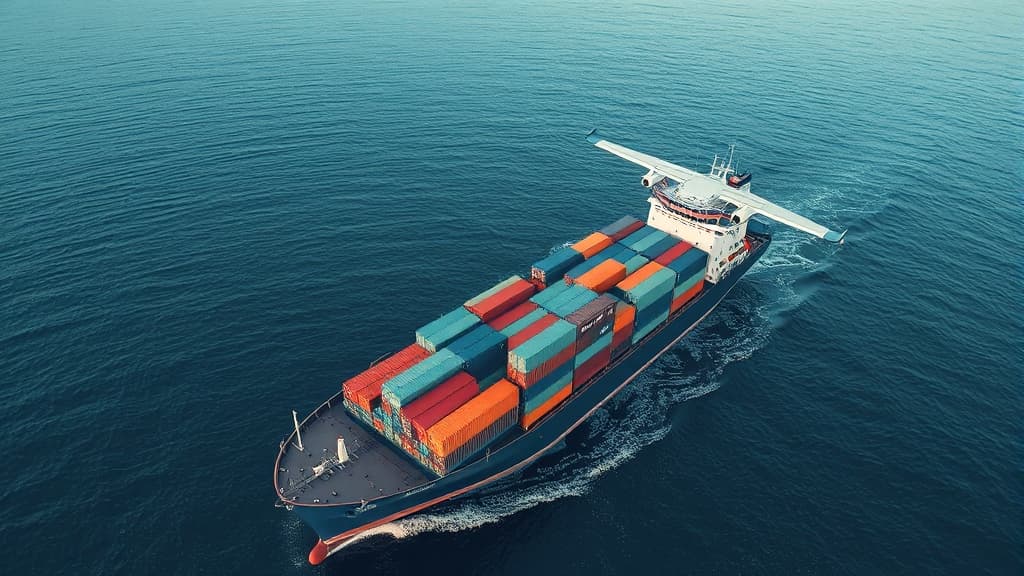
Understanding Shipping Options from China to Argentina
When importing goods from China to Argentina, choosing the correct shipping method is crucial to optimizing both costs and transit times. The two primary modes of international freight are sea freight and air freight. Each offers distinct advantages depending on cargo nature, budget, and urgency.
Sea Freight is the most common and cost-effective solution for large or heavy shipments. It is typically used for both FCL (Full Container Load) and LCL (Less-than-Container Load) shipments. The major Argentinian ports, such as Buenos Aires and Rosario, handle the bulk of containerized imports. Standard transit times for sea freight from major Chinese ports (Shanghai, Ningbo, Shenzhen) to Argentina range from 30 to 40 days, depending on routing and transshipment points.
Air Freight is preferred for high-value, time-sensitive, or smaller shipments. While more expensive, it dramatically reduces transit time to approximately 4–7 days from China to Argentina’s main airports, such as Ezeiza International Airport in Buenos Aires. It is ideal for electronics, fashion, samples, or urgent replenishments.
| Shipping Method | Typical Transit Time | Best For | Cost ($/kg or $/CBM) | Main Entry Points |
|---|---|---|---|---|
| Sea Freight | 30–40 days | Bulk cargo, large shipments | $1000–$5000/20ft container | Buenos Aires, Rosario |
| Air Freight | 4–7 days | Urgent, high-value, small cargo | $5–$12/kg | Ezeiza International Airport |
Note: Rates fluctuate with seasonality and global logistics trends. For tailored rates, consult Dantful International Logistics. Additionally, door-to-door shipping options (including DDP—Delivered Duty Paid) are available, offering importers a seamless experience where the freight forwarder manages every stage from pickup in China to delivery in Argentina.
Key Costs and Surcharges to Consider in the Import Procedure from China to Argentina
Beyond freight rates, several additional costs and surcharges can affect your total landed cost when importing from China to Argentina. Understanding these charges is essential for accurate budgeting and compliance.
Main Cost Components
- Freight Charges: This includes the base cost for sea freight or air freight, determined by cargo size, weight, mode, and route.
- Origin Charges: Fees at the Chinese port or airport, including export customs clearance, documentation, terminal handling, and local transportation.
- Destination Charges: Fees at the Argentine port or airport, such as import handling, port/terminal charges, container demurrage, and on-carriage to the final address.
- Customs Duties and Taxes: Argentina applies customs duties (generally between 0%–35% depending on HS code), IVA (21% VAT), and statistical tax (tasa estadística, typically 2.5%). Some products may be subject to specific tariffs or trade agreements.
- Surcharges: These may include:
- Fuel surcharge: Fluctuates with oil prices.
- Peak season surcharge: Applied during periods of high shipping demand.
- Security fee: For enhanced cargo screening.
- Documentation fee: For shipping and customs paperwork.
- Insurance: Cargo insurance is highly recommended and can be arranged by your freight forwarder for a small percentage of the cargo value.
- Customs Brokerage Fees: Local customs agents in Argentina typically charge a service fee for handling import clearance.
| Cost Item | Sea Freight (FCL/LCL) | Air Freight | Notes |
|---|---|---|---|
| Freight Charges | Low | High | Volume/weight dependent |
| Customs Duties/Taxes | Similar for both | Similar for both | Based on cargo value and HS code |
| Origin & Destination Fees | Moderate–High | Moderate | Port charges higher for FCL; air fees per AWB |
| Surcharges (Fuel, Season) | Present | Present | More volatile with air freight |
| Insurance | Optional | Optional | Based on cargo value |
| Total Transit Time | 30–40 days | 4–7 days |
Important: For the latest and most accurate cost breakdown, always request a detailed quote from a reputable logistics provider like Dantful International Logistics, which offers transparent pricing and comprehensive support throughout your import journey.
By carefully evaluating shipping options and understanding all related costs and surcharges, importers can maximize value and minimize risks when importing from China to Argentina, empowering informed decisions for their global supply chain strategy.
Cargo Documentation and Compliance
When importing goods from China, meticulous attention to cargo documentation and compliance is essential to ensure smooth customs clearance and avoid costly delays or penalties. Proper documentation not only facilitates customs clearance but also minimizes the risk of shipment holds and regulatory violations.
First and foremost, importers must ensure that all required documents are prepared accurately and submitted timely. The primary documents typically include:
- Commercial Invoice: Provides detailed information about the transaction, including description, value, and quantity of goods.
- Packing List: Specifies how goods are packed, listing weights, dimensions, and packaging materials.
- Bill of Lading (B/L) or Air Waybill: Serves as a contract of carriage and receipt of goods. For ocean shipments, the Bill of Lading is used, while air shipments require an Air Waybill.
- Certificate of Origin: Verifies the country of manufacture, which can affect import duties and eligibility for preferential trade agreements.
- Import/Export Licenses: Certain types of cargo may require special permits or licenses, depending on the nature of the goods and destination country regulations.
- Insurance Certificate: Provides proof of coverage against loss or damage during transit.
- Customs Declaration: Accurately completed to declare the value, classification, and origin of goods in accordance with destination customs requirements.
Compliance involves adhering to the legal and regulatory frameworks governing imports and exports. This includes accurate HS code classification, correct declaration of value, and compliance with sanitary, phytosanitary, or safety standards where applicable. It is crucial to stay updated with changing international trade regulations and tariff codes.
Mistakes or omissions in documentation can result in substantial delays, fines, or seizure of goods. For example, incorrect or missing HS codes can lead to miscalculated duties and even potential legal issues. Partnering with an experienced freight forwarder like Dantful International Logistics, who offers robust customs clearance support, can help importers navigate complex requirements and stay compliant with both Chinese and destination country regulations.
For authoritative guidance, consult the World Customs Organization (WCO) and local customs authorities for the latest compliance information.
Cargo Restrictions and Special Handling
Certain types of cargo are subject to specific restrictions or require special handling during international shipping. Importers from China must be aware of these limitations to avoid complications and ensure the safe, legal movement of goods.
Cargo Restrictions may include:
- Prohibited Items: Some goods may be completely banned from export or import, such as counterfeit products, illegal wildlife products, and certain chemicals. Each country, including China and the destination market, maintains its own list of prohibited goods.
- Restricted Items: These require special permits, licenses, or certifications. Examples include dual-use technologies, pharmaceuticals, foodstuffs, and products subject to quota or embargo.
Special Handling Requirements may apply to:
- Hazardous Materials (Hazmat): Goods classified as dangerous (flammable, corrosive, toxic, etc.) must comply with stringent international regulations like the IMDG Code for sea freight or IATA DGR for air freight. Proper labeling, packaging, and documentation are mandatory.
- Temperature-Sensitive Cargo: Items such as pharmaceuticals, chemicals, or perishable foods require controlled environments. This may involve reefer containers or specialized air cargo solutions.
- Out of Gauge (OOG) and Oversized Cargo: Heavy machinery, vehicles, or large equipment often need custom crating, special permits, and route planning, sometimes requiring breakbulk freight solutions.
- High-Value or Fragile Goods: Require reinforced packaging, security seals, real-time tracking, and sometimes insurance for added protection.
It is essential to communicate cargo specifics with your freight forwarder when booking shipments. This enables the logistics provider to arrange the correct type of equipment, secure necessary permits, and coordinate with specialized handlers or carriers.
Dantful International Logistics provides tailored services for restricted and special cargo, including hazardous goods, temperature-controlled shipments, and oversized freight. Their expertise ensures full compliance with international standards and local regulations, minimizing risk and safeguarding cargo integrity throughout the shipping process.
Cargo Insurance & Security
Ensuring the protection of your goods during international transit is a top priority for any importer. Cargo insurance and robust security measures form the foundation of risk management in global logistics. During the journey from China to the destination country, cargo may be exposed to a variety of risks such as theft, damage, loss, or unforeseen events like natural disasters and accidents.
Cargo insurance is designed to mitigate these risks by offering financial compensation should your goods be lost or damaged in transit. There are several insurance coverage options available, including:
- All Risk Coverage: Comprehensive protection against most accidental losses or damages, excluding specific exceptions listed in the policy.
- Total Loss Coverage: Provides reimbursement only in cases where the entire shipment is lost or destroyed.
- Named Perils Coverage: Covers losses only from hazards specifically named in the policy, such as fire, collision, or theft.
Insurance premiums are typically calculated based on the value of the goods, mode of transport, route, and the risk profile of the shipment. Leading freight forwarders like Dantful International Logistics offer access to specialized insurance services to ensure your cargo remains protected at every step.
In addition to insurance, modern supply chains rely on advanced security protocols. These include:
- Secure Warehousing: Facilities equipped with surveillance, access control, and fire prevention systems
- Electronic Tracking and Monitoring: Real-time GPS tracking and status updates to monitor cargo location and condition
- Tamper-Evident Seals: Specialized locks or seals that deter and reveal any unauthorized access
- Compliance with International Security Standards: Adhering to frameworks such as the Customs-Trade Partnership Against Terrorism (C-TPAT) and the International Ship and Port Facility Security (ISPS) Code
By combining comprehensive insurance options with advanced security measures, importers can minimize the financial impact of unforeseen incidents and ensure peace of mind throughout the shipping process. Utilizing the expertise of a professional logistics provider such as Dantful International Logistics further enhances cargo safety and compliance from origin to destination.
READ MORE:
- Shipping From China to the USA
- Shipping From China TO Canada
- Shipping From China TO Mexico
- Shipping From China to Panama
- Shipping From China to Costa Rica
- Shipping From China to Brazil
- Shipping From China TO Colombia
- Shipping From China to Jamaica
- Shipping From China to Venezuela
- Shipping From China to Argentina
Door-to-Door & Value-Added Services
The complexities of international shipping are significantly reduced through door-to-door shipping and a range of value-added services. These solutions streamline logistics for importers, enhancing efficiency, convenience, and supply chain visibility.
Door-to-door shipping enables customers to delegate the entire logistics process—from pickup at the supplier’s facility in China to final delivery at your specified address—under a single contract. This comprehensive solution covers:
- Origin Services: Cargo pickup, packaging, labeling, and export customs clearance
- Main Transit: Ocean freight, air freight, or rail freight, depending on your preferences and requirements
- Destination Handling: Import customs clearance, local delivery arrangements, and unloading at the final destination
By entrusting these tasks to a professional provider like Dantful International Logistics, importers can minimize risks of delays, compliance issues, and unexpected costs—especially valuable for businesses new to cross-border trade or those seeking to optimize their logistics operations.
In addition to transportation, value-added services further enhance your supply chain. These may include:
- Warehousing and Distribution: Short- or long-term storage, order picking, consolidation, and inventory management through warehouse services
- Customs Brokerage: Expert assistance in navigating complex customs clearance procedures and documentation
- Cargo Insurance: Comprehensive insurance services to safeguard your goods during transit
- Packaging and Labelling: Professional packing to comply with international shipping standards and reduce risk of damage
- Last-Mile Delivery: Coordinated final leg delivery to the consignee’s doorstep, ensuring timely and secure handover
- Cargo Consolidation: Combining multiple shipments to reduce costs and simplify logistics, particularly for small and medium-sized enterprises (consolidated freight shipping)
Employing door-to-door and value-added services translates into greater convenience, tighter control over inventory, and improved customer satisfaction. Dantful International Logistics stands out by providing a highly professional, cost-effective, and one-stop logistics solution for global traders importing from China.
How to Choose a Freight Forwarder for the Import Procedure from China to Argentina
Selecting the right freight forwarder is pivotal for ensuring a seamless and cost-effective import process from China to Argentina. The complexities of international trade—from regulatory compliance and documentation to cargo handling and transit times—require a logistics partner with proven expertise, robust global networks, and a deep understanding of both Chinese and Argentine regulations.
When evaluating potential freight forwarders, consider the following essential factors:
Industry Experience and Market Knowledge: A reputable freight forwarder should have substantial experience handling shipments from China to Argentina. Familiarity with major Chinese exporting hubs and Argentine ports like Buenos Aires or Rosario demonstrates their ability to manage route-specific challenges, transit times, and local customs clearance protocols. An experienced forwarder will also provide guidance on HS code classification, required documents, and import procedures tailored for Argentine authorities.
Service Portfolio and Flexibility: Your chosen partner should offer a comprehensive suite of logistics services, including ocean freight, air freight, customs clearance, insurance, and warehousing. The ability to arrange both FCL and LCL shipments, as well as specialized options like out of gauge cargo or temperature-controlled shipping, is crucial for addressing diverse cargo needs. Value-added services such as cargo tracking, door-to-door delivery, and consolidated freight shipping further enhance efficiency and transparency.
Regulatory Compliance and Customs Expertise: Imports to Argentina are subject to strict customs controls, import licensing, and documentation requirements. A reliable forwarder should be adept at preparing accurate paperwork—commercial invoices, packing lists, bills of lading, and certificates of origin—and managing the submission of pre-arrival notifications and import declarations. They must also stay updated on dynamic trade regulations, tariff codes, and any restrictions that could impact your shipments.
Transparent Pricing and Cost Management: Request detailed, itemized quotes to understand the full cost structure, including freight charges, terminal handling, customs brokerage fees, storage, and possible duties and taxes. A trustworthy forwarder like Dantful International Logistics will provide clear pricing, helping you avoid hidden costs and unexpected surcharges. They can also advise on the most economical shipping methods, transit routes, and consolidation options for your specific import profile.
Network Strength and Local Presence: A strong global network, particularly with local agents or offices in both China and Argentina, ensures smooth coordination, swift issue resolution, and real-time shipment updates. Local expertise is invaluable for quickly navigating port operations, customs inspections, and last-mile delivery arrangements.
Reputation, Reliability, and Customer Support: Check for positive reviews, industry certifications, and references from other importers. Direct, responsive customer service is critical—your forwarder should be accessible, proactive in communication, and committed to resolving challenges efficiently.
By prioritizing these selection criteria, you can secure a logistics partner who not only ensures compliance and timely delivery but also optimizes total landed cost and protects your interests throughout the import procedure. Dantful International Logistics distinguishes itself as a highly professional, cost-effective, and quality-focused provider, offering expert support for Chinese-Argentine trade flows.
FAQs
- How long does it take to ship goods from China to Argentina by sea and air? Transit times can vary. On average, sea freight takes about 25–40 days depending on the port, while air freight usually takes 5–10 days. Express courier shipments generally arrive in 3–7 days.
- What documents are required for customs clearance in Argentina? The primary documents include the commercial invoice, packing list, bill of lading/air waybill, certificate of origin, and any relevant import permits or certifications required by Argentine authorities.
- How can I calculate duties and taxes for my imported goods? Duties are calculated based on the CIF (Cost, Insurance, Freight) value of your shipment and the specific HS code of your products. Use the Argentine Customs Calculator or consult with your freight forwarder for up-to-date rates.
- Are there any restricted or prohibited products for import into Argentina from China? Yes. Products such as hazardous chemicals, certain electronic devices, and agricultural goods may be restricted or require special permits. For more information, consult Argentine Customs’ restricted list.
- What are the typical costs involved in shipping from China to Argentina? Costs may include freight costs, local port charges, documentation fees, customs duties, VAT, insurance, and possible warehousing charges. It’s important to request a detailed quote to avoid hidden fees.

Young Chiu is a seasoned logistics expert with over 15 years of experience in international freight forwarding and supply chain management. As CEO of Dantful International Logistics, Young is dedicated to providing valuable insights and practical advice to businesses navigating the complexities of global shipping.


